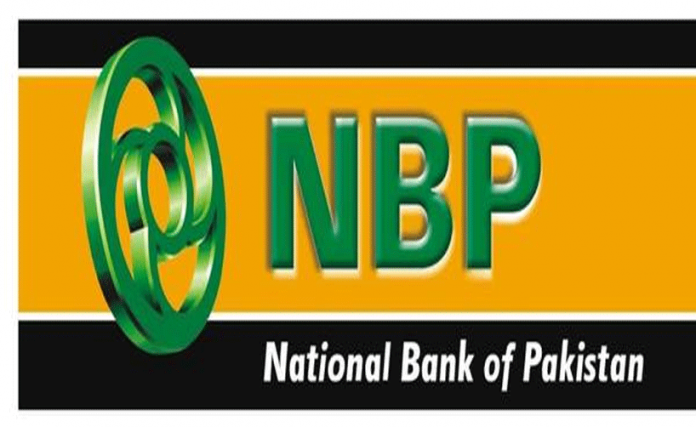The National Bank of Pakistan (NBP), Telenor Pakistan (TP) and Telenor Microfinance Bank Ltd. (formerly Tameer Microfinance Bank Ltd.) formed a strategic alliance to further financial inclusion in Pakistan.
The agreement was signed among President and CEO NBP Saeed Ahmad, CEO Telenor Pakistan Irfan Wahab and CFIO and CDO Telenor Micro-finance Bank Yahya Khan, in the presence of senior management of the three organizations
The strategic alliance is in continuation of the coalitions to promote financial inclusion that now covers almost the entire telecom industry of Pakistan. Also present on the occasion were Mudassir H Khan SEVP/Group Chief CRBG, Azfar Jamal EVP/Head Payment Services, Khawaja Asif COO Telenor Microfinance Bank and Rehan Akhter, Head of FS Karandaaz.
Under the ambit of this arrangement, multiple services will be leveraged upon including Telenor USSD Channel, Agent Network of Easypaisa, and NBP’s transaction base, to fulfill the needs of banked as well as the unbanked population of Pakistan including facilitation of P2G and G2P transactions. With this joining of hands between one of Pakistan’s largest government-owned banks and one of the leading telecom operators along with its micro-finance bank, the dynamics of the Digital Financial Services are sure to reach the next milestone.
After the ceremony, President and CEO NBP Saeed Ahmad said that National Bank envisions creating concrete opportunities to promote financial inclusion through innovation driven by technologies and data, and with that; drive inclusive and sustainable growth in the formal banking sector. He added that combining the strengths of NBP, TP and TMBL together will broaden the vision of our industry to achieve the State Bank’s National Financial Inclusion Strategy.
Saeed further shared that our 3 strategic alliances will contribute towards our country. NBP is a public institution and it is our mandate to develop a digital suite of financial services with an access to market players through any available digital channel for enhanced customer convenience with a focus on enabling e-governance infrastructure.
Also talking at the forum, Mudassir H Khan SEVP/Group Chief CRBG NBP, said that “The Digital Financial Services industry in Pakistan took its first step back in 2009 and has now reached a stage where it needs to be taken to the next level. NBP is aggressively working to digitize services through partnerships with Mobile Money platforms and government institutions; we are setting the goal of financial inclusion in its true sense and will create the right environment for inclusive growth in the country”.
Sharing his thoughts on this, Irfan Wahab Khan, CEO Telenor Pakistan, said, “Fostering financial inclusion in the country has been the driving force behind Telenor Pakistan and Telenor Microfinance Bank’s expansive financial ecosystem in the country. Telenor Pakistan has been striving hard to bring financially excluded segments of the society into the fold of financial inclusion through a range of cost effective financial products and services. It is reassuring to join hands with Pakistan’s largest banking institution, National Bank of Pakistan, to achieve a shared vision for Pakistan. Together, we will be able to make long strides towards the cherished ambition.”
Commenting on the development, Muhammad Yahya Khan CFIO and CDO Telenor Microfinance Bank, said, “It is heartening to be a part of the collaboration between one of the largest commercial banks in G2P and P2G space and the largest branchless banking organization that is set to transform the country’s financial outlook through providing digital convenience for payments and thus inclusion of marginalized segments into Pakistan’s mainstream banking and financial system. The collaboration with NBP will expedite our efforts by capitalizing on the strength of these two organisations. I am positive that together we will transform the country’s financial scenario,” he concluded.
This new path of collaboration between large sized banks and the leading tel-cos is a tried and tested method of larger financial inclusion which coincides with greater local economic activity and decreased economic inequality at the macroeconomic level. The managements of the partnering organizations have the belief that the formal financial services, through digital payments, can have a positive impact on a variety of micro economic indicators, including self-employment business activities, household consumption and well-being.




